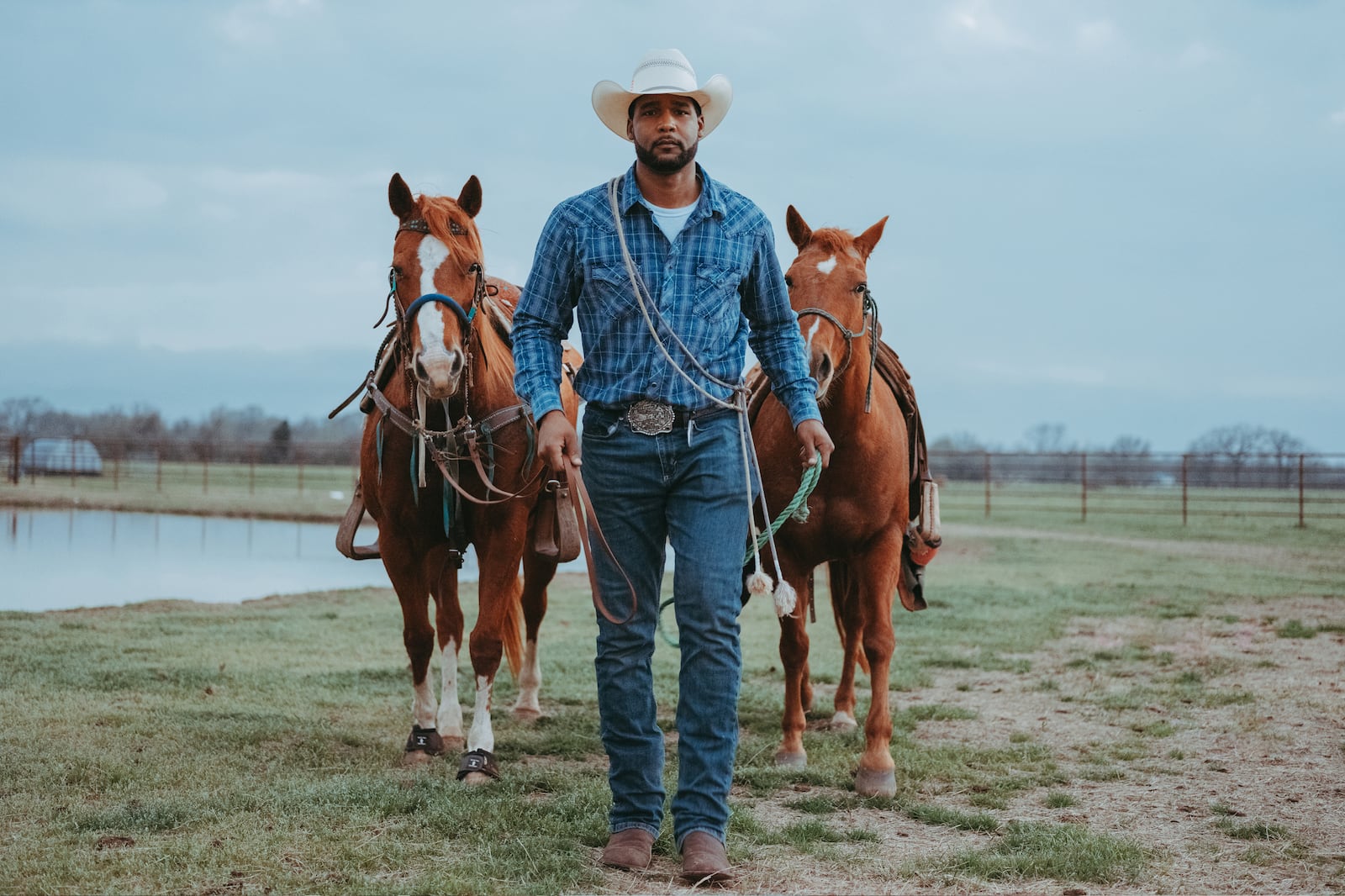Perhaps of the most romantic notions about cowboying and ranching is a belief that there’s work hard enough to afford one’s true freedom. Heels dug into the ground, churning dust, a rolling sweat, hands cracked with weather and wear — all on account of making the earth a little closer to what you want it to be. In a notably Western way, that freedom doesn’t come easy. But no one epitomizes that perspicuity more than the Black cowboys, ranchers and riders of the region.
According to historian’s estimates, one-quarter of all cowboys working during the time we so often hear called “the Wild West” were Black. The earliest African American cattle herders were enslaved men from Senegal — specifically brought to America against their will for their unique skills with herding and roping. As white Americans moved West and established ranches and cattle operations in what’s now Texas, they brought enslaved men and women with them illegally.
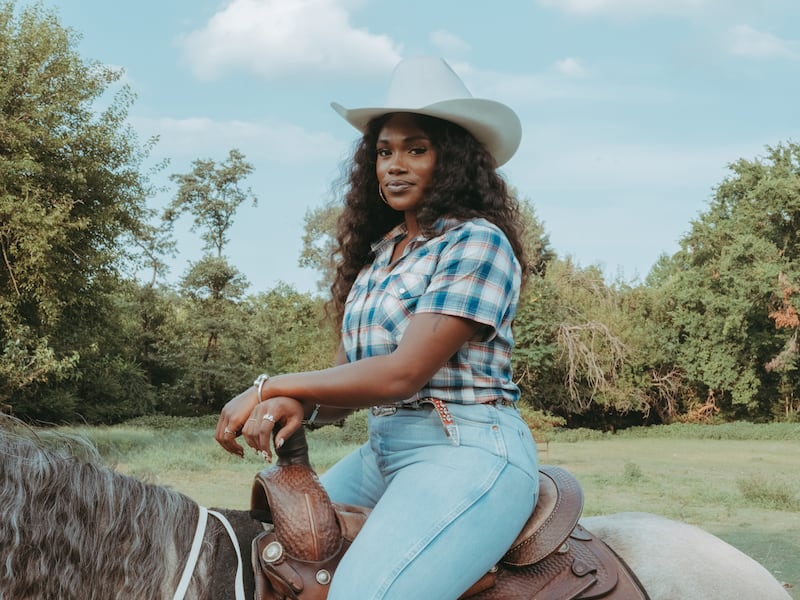
According to the Smithsonian, by 1825, nearly 25 percent of the Texas settler population was enslaved people. After the Emancipation Proclamation in 1863 — and the news of Emancipation reaching Texas two years later on what we now call Juneteenth — white ranchers found themselves dependent on the skills and grit of Black cowhands, hiring them for roundups and ranch maintenance.
In his biography, written in 1907, Black cowboy Nat Love wrote: “A braver, truer set of men never lived than these wild sons of the plains whose home was in the saddle and their couch, mother earth, with the skyfor a covering.”
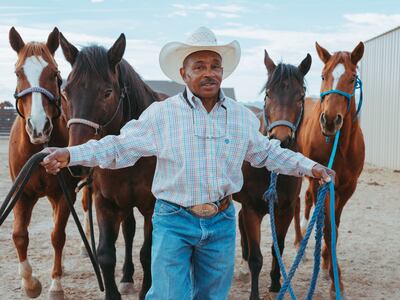
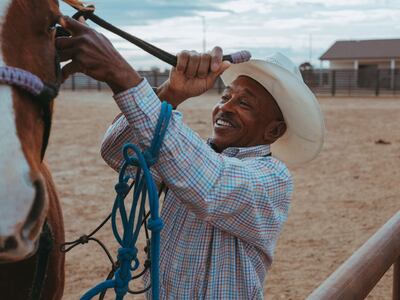
Today, Black Westerners remain as a pillar of the identity of our region’s culture; riding, ranching, and working the land they have known — and will continue to know — for generations.
There’s Kortnee Solomon, a fourth generation Texas cowgirl, who made history when she rode as an 11-year-old in the first nationally televised Black rodeo last year in partnership with the Professional Bull Riders organization. There’s Charlie Sampson, one of the most celebrated and winningest bull riders of the ’80s and ’90s, who now, at age 63, is competing as a team roper. And there’s Rachael and James Stewart, who, when work dried up and so did financial opportunities, bought land and started a ranching operation in the high desert of southern Arizona, which they hope to pass down to their children someday.
Their lives and their stories have been documented by Ivan McClellan, a Black photographer originally from Kansas City, Kansas, who has been traveling the country for more than seven years, documenting the lives of Black cowboys, cowgirls and ranchers. The project is an opportunity to transform the narratives we have heard, and that we will tell — even for McClellan himself. “It changed my definition of home from a place of pain and poverty to a place of pride, grit and independence.”

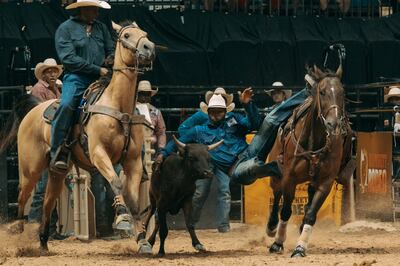

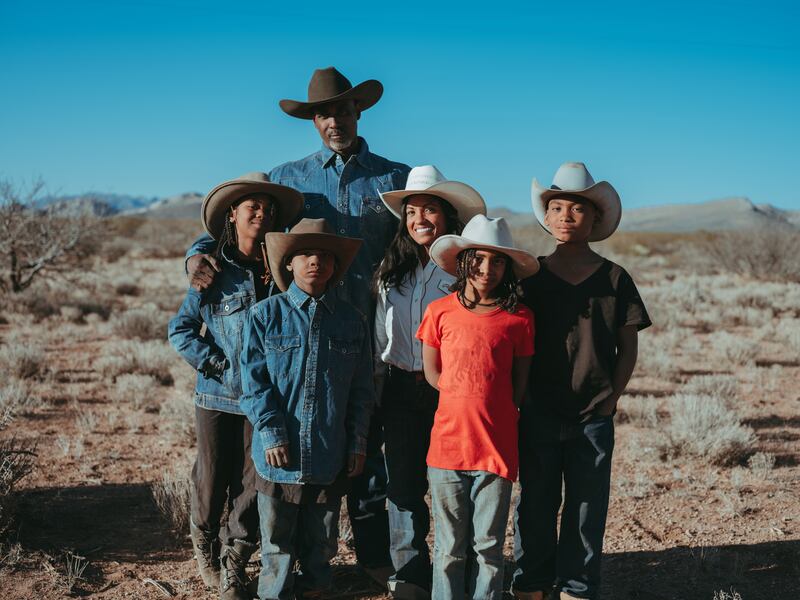



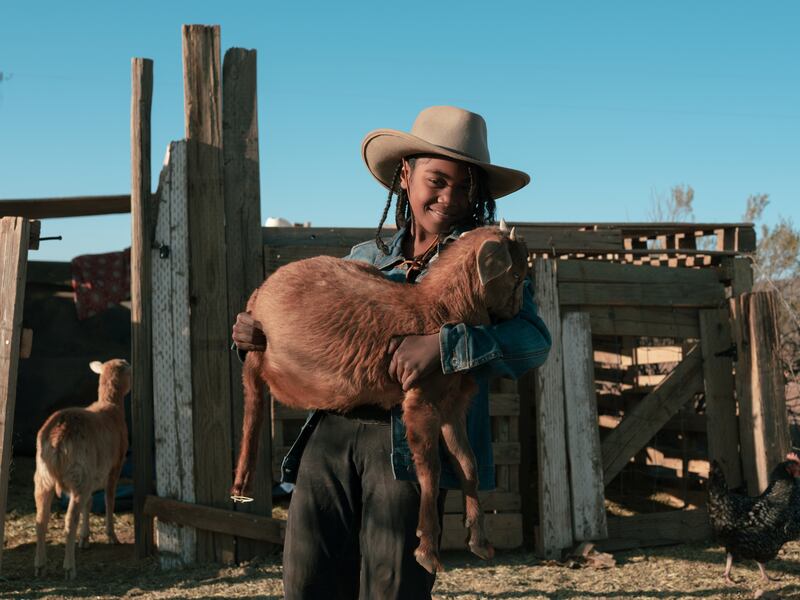
This story appears in the March issue of Deseret Magazine. Learn more about how to subscribe.
